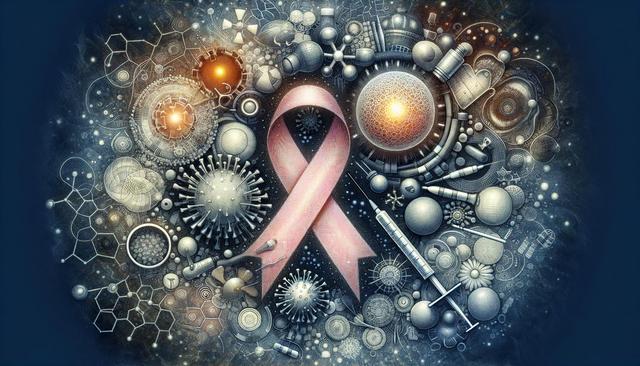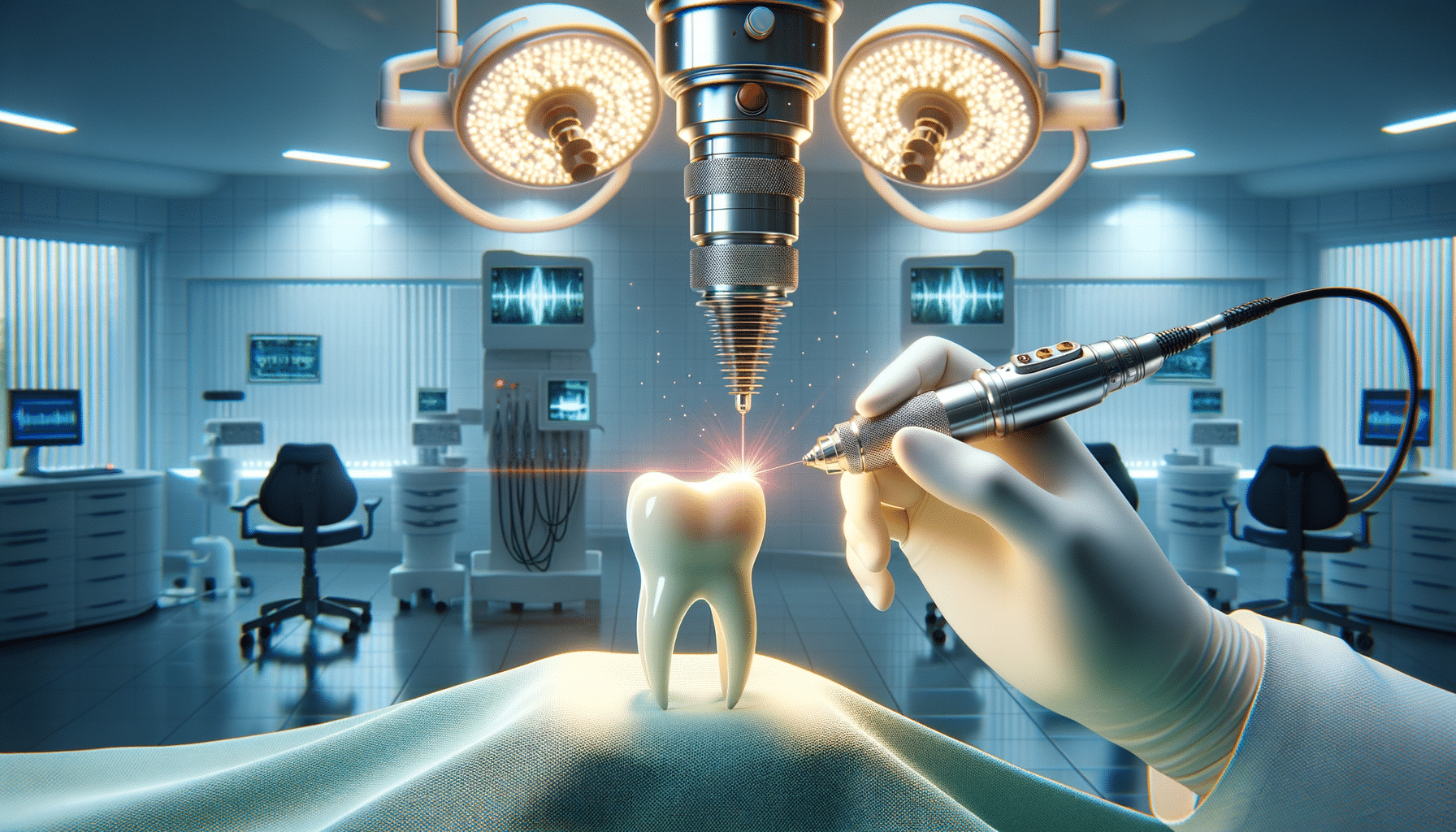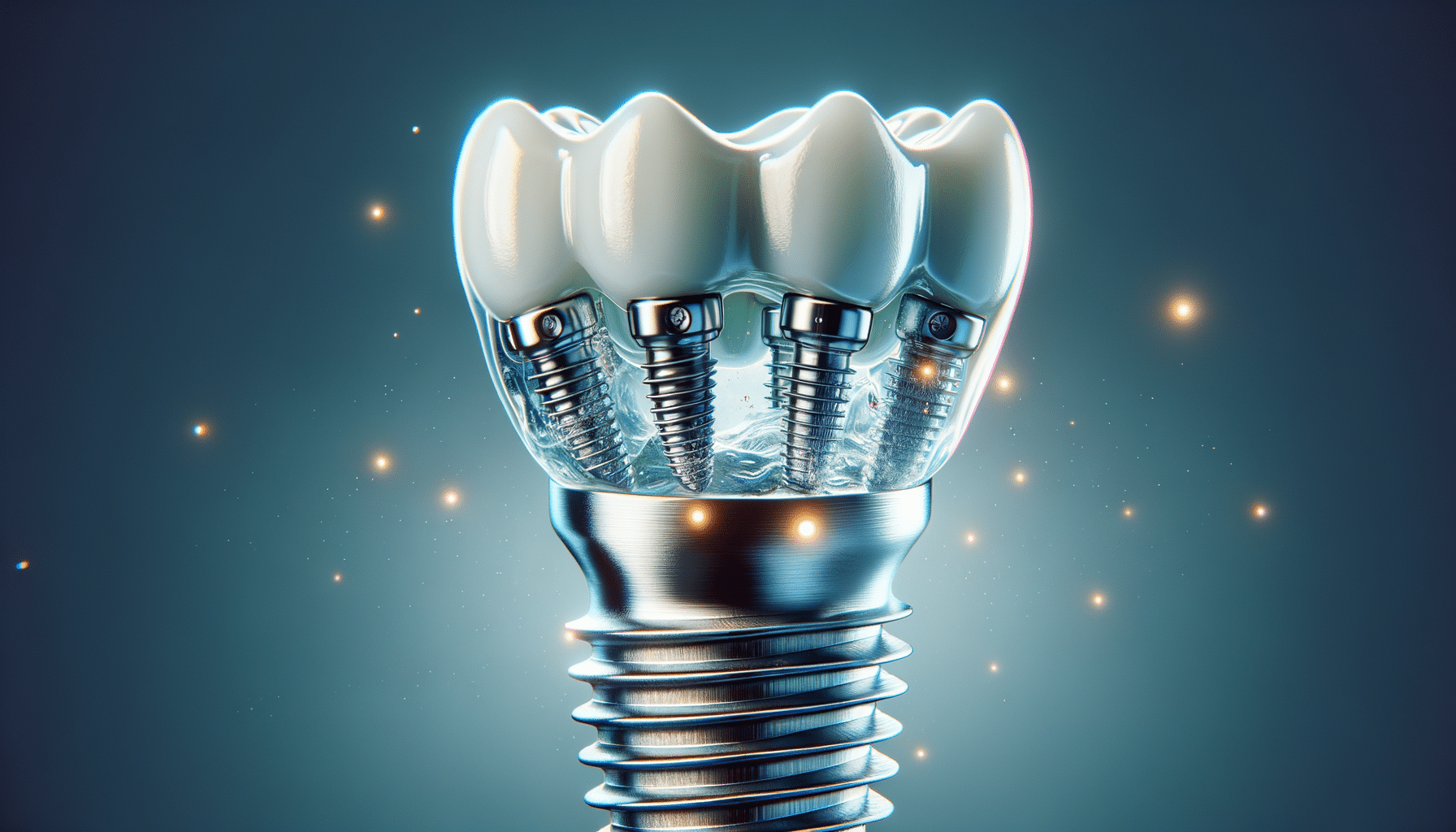
She Found It Early — and That Saved Her Life
The Silent Threat: What You Need to Know About Breast Cancer
Breast cancer often develops quietly, without noticeable symptoms in its early stages. That’s what makes it particularly dangerous. Many women assume that if they feel fine, they must be healthy — but that assumption can delay critical diagnosis and treatment. Breast cancer is the most commonly diagnosed cancer among women worldwide. While survival rates have improved significantly over the years, early detection remains the single most effective way to increase the chances of successful treatment. Understanding the risks, symptoms, and screening methods is essential to catching this disease before it advances.
Various factors can increase your risk of developing breast cancer, including age, genetics, lifestyle choices, and certain medical histories. However, even women with no known risk factors can be affected. Regular screenings such as mammograms and clinical breast exams are effective tools for identifying abnormalities early on, even before physical symptoms appear. Knowing your body and discussing any changes with your healthcare provider can make a significant difference in your outcome.
Shocking Stats – Make It Real
The numbers surrounding breast cancer are sobering. According to recent health data, one in eight women will be diagnosed with breast cancer in her lifetime. That means someone you know — a family member, friend, or colleague — may already be facing this challenge. Despite advancements in medical treatment, late-stage diagnoses continue to reduce survival rates and increase the complexity of care.
Here are a few statistics that emphasize the importance of awareness and early detection:
- Nearly 85% of breast cancer cases occur in women with no family history of the disease.
- When detected early and localized, the five-year survival rate is about 99%.
- Mammograms can detect tumors up to two years before they can be felt.
These figures illustrate why proactive health monitoring is not just advisable — it is potentially lifesaving. Taking the time to schedule regular screenings and perform self-checks at home can offer peace of mind and a better chance of managing the disease effectively if it does appear.
Real-Life Mini Story or Emotional Scenario
Consider the story of Melissa, a 42-year-old mother of two. She felt healthy and had no known risk factors. But during a routine checkup, her doctor recommended a mammogram based on her age. The scan revealed a small, early-stage tumor — one that hadn’t caused any symptoms yet. Thanks to early detection, Melissa began treatment promptly and avoided more aggressive therapies that are often necessary in later stages. Today, she’s back to her daily life, more health-conscious and grateful for the screening that caught her cancer early.
Melissa’s experience is not unique. It reflects the reality that many women face: feeling perfectly fine until a screening reveals the truth. Her story is a powerful reminder that breast cancer doesn’t always come with warning signs. That’s why awareness, regular screenings, and open conversations with healthcare providers are so critical.
Here’s What You Can Do Today
Facing the possibility of breast cancer can be overwhelming, but taking action doesn’t have to be. There are practical steps you can take right now to protect your health:
- Schedule a clinical breast exam or mammogram if you’re due for one.
- Perform monthly self-breast exams to become familiar with the normal look and feel of your breasts.
- Talk to your doctor about your personal risk factors and whether additional screening methods are appropriate for you.
- Maintain a balanced lifestyle — regular exercise, a healthy diet, and limiting alcohol intake can all contribute to reducing cancer risk.
These steps might seem small, but they can have a significant impact. Being proactive about your health can lead to early detection, which often means more treatment options, less invasive procedures, and a higher chance of recovery.
Conclusion: It’s About Lifesaving Awareness
Breast cancer may be a silent threat, but your actions can give you a voice in your health journey. Early detection doesn’t just improve survival rates — it can preserve your quality of life and reduce the emotional and financial toll of more advanced treatments. By staying informed, scheduling regular checkups, and encouraging others to do the same, you contribute to a culture of awareness and prevention.
Remember, many women feel perfectly fine — until they don’t. Don’t wait for symptoms to appear. Let stories like Melissa’s inspire you to take charge of your health today. Early action could save your life or the life of someone you love.


